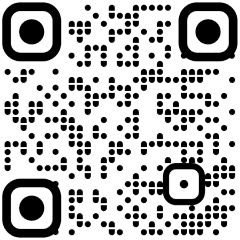[ad_1]
The Delhi High Court on Tuesday asked Gurugram-based Tesla Power India to furnish an affidavit detailing the number of electric vehicle scooters sold and the current stocks available with it in a trademark case filed by US electric vehicle giant Tesla Inc. This also includes providing the names of dealers, dates of launch, and current stock availability, Justice Anish Dayal ordered.
The court’s direction came after the US major argued that despite an undertaking by Tesla Power, electric vehicle scooters were being sold by the Gurugram-bsed firm through dealers under various sub-brands. The high court will now hear the case on Thursday.
The high court on May 2 had directed the Indian company not to issue any promotional advertisements featuring electric vehicle products with the ‘Tesla’ brand until the next date of hearing. Tesla Inc said that an independent investigation has shown images of electric vehicle scooters that were available for sale.
Photographs and brochures of the electric vehicle have been put on record, it added.
However, Tesla Power counsel said that there was no violation of the undertaking given by them to the court, and it will place all relevant facts on the next date of hearing. It had earlier on May 2 argued that it was not manufacturing EV batteries but rather selling lead acid batteries used in conventional vehicles and inverters.
Kavinder Khurana, chairman of Tesla Power India, who was then personally present in the court, had submitted that it would not be manufacturing or marketing its EV under the Tesla brand, but it had a partnership firm in the US.
It had no plans to enter the EV market, he said while clarifying that the advertisement featuring the Tesla trademark was related to another company, e-Ashwa, with whom Tesla Power has a strategic partnership to sell branded products.
According to Khurana, Tesla Power had been in business for years and has over a million customers in India.
Tesla Inc had argued that the local firm’s use of the trademark in India was not only causing confusion among consumers but also harming its business interests. The company submitted that complaints against Tesla Power batteries were being directed to the US firm because consumers assumed they were associated with Tesla Inc.
[ad_2]
Source link











